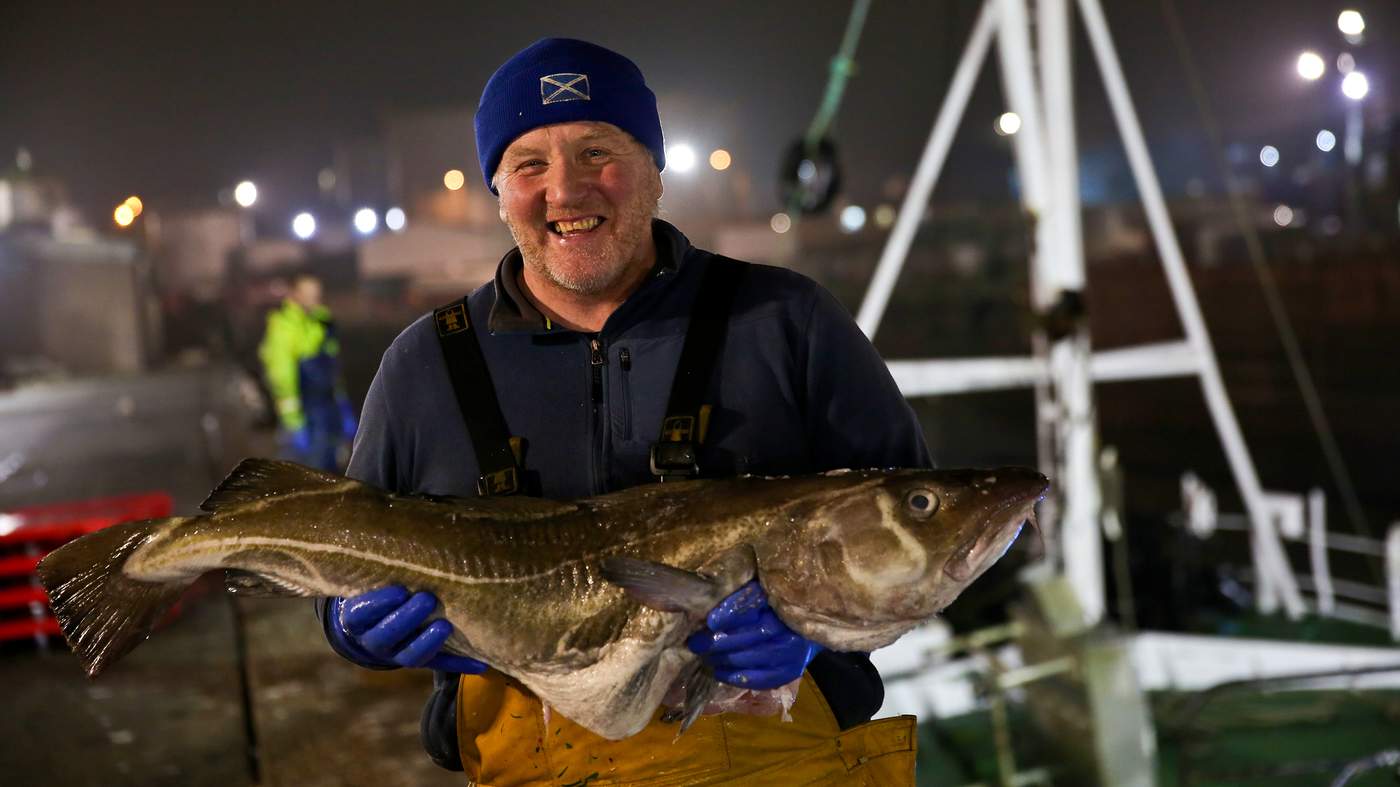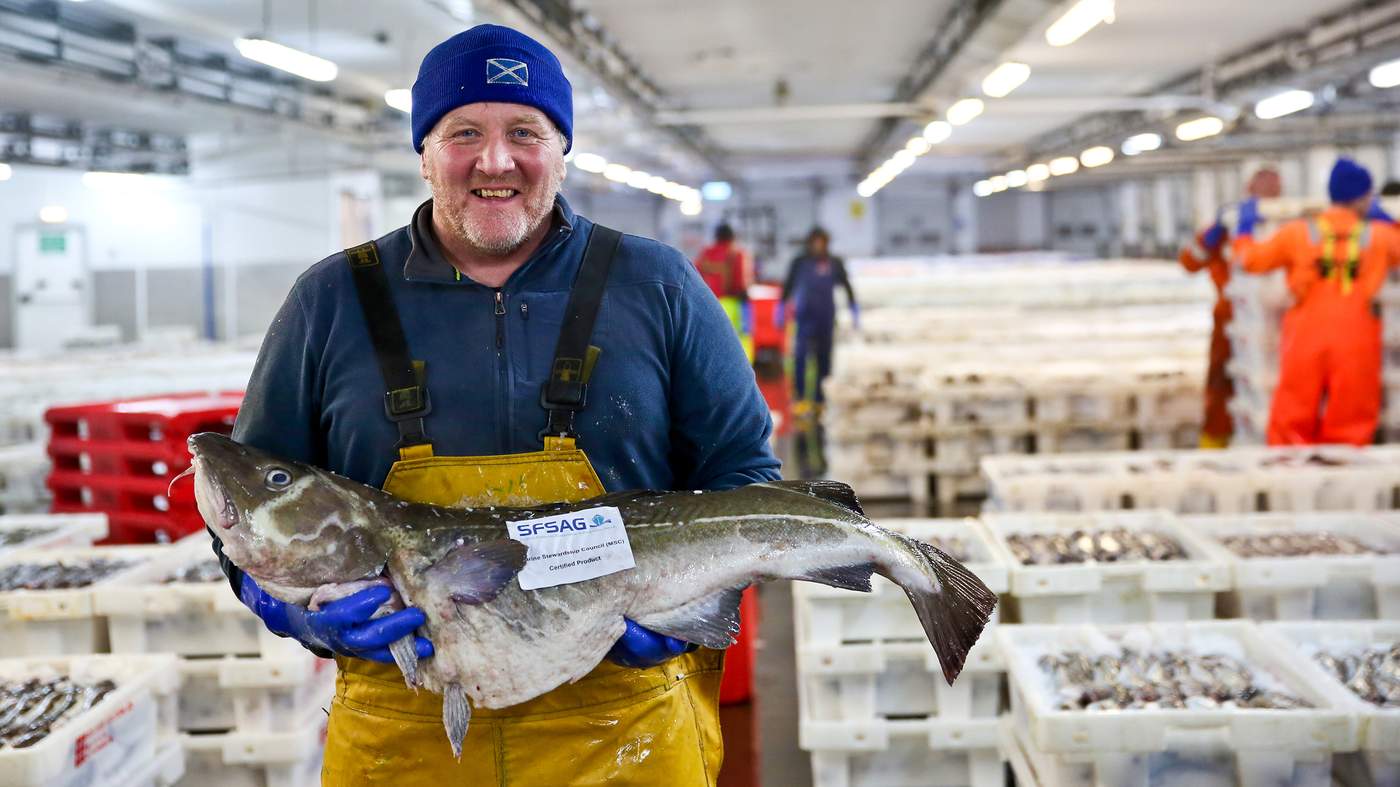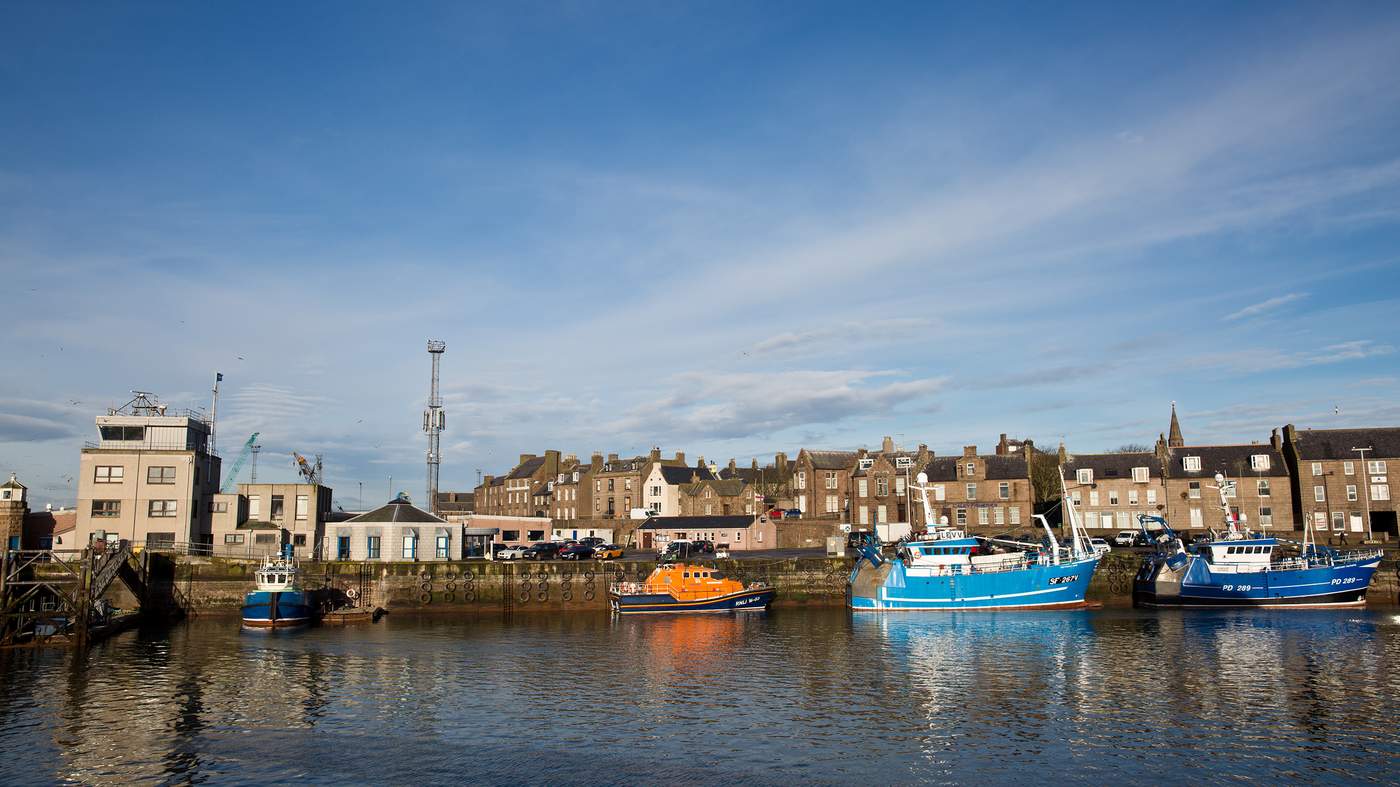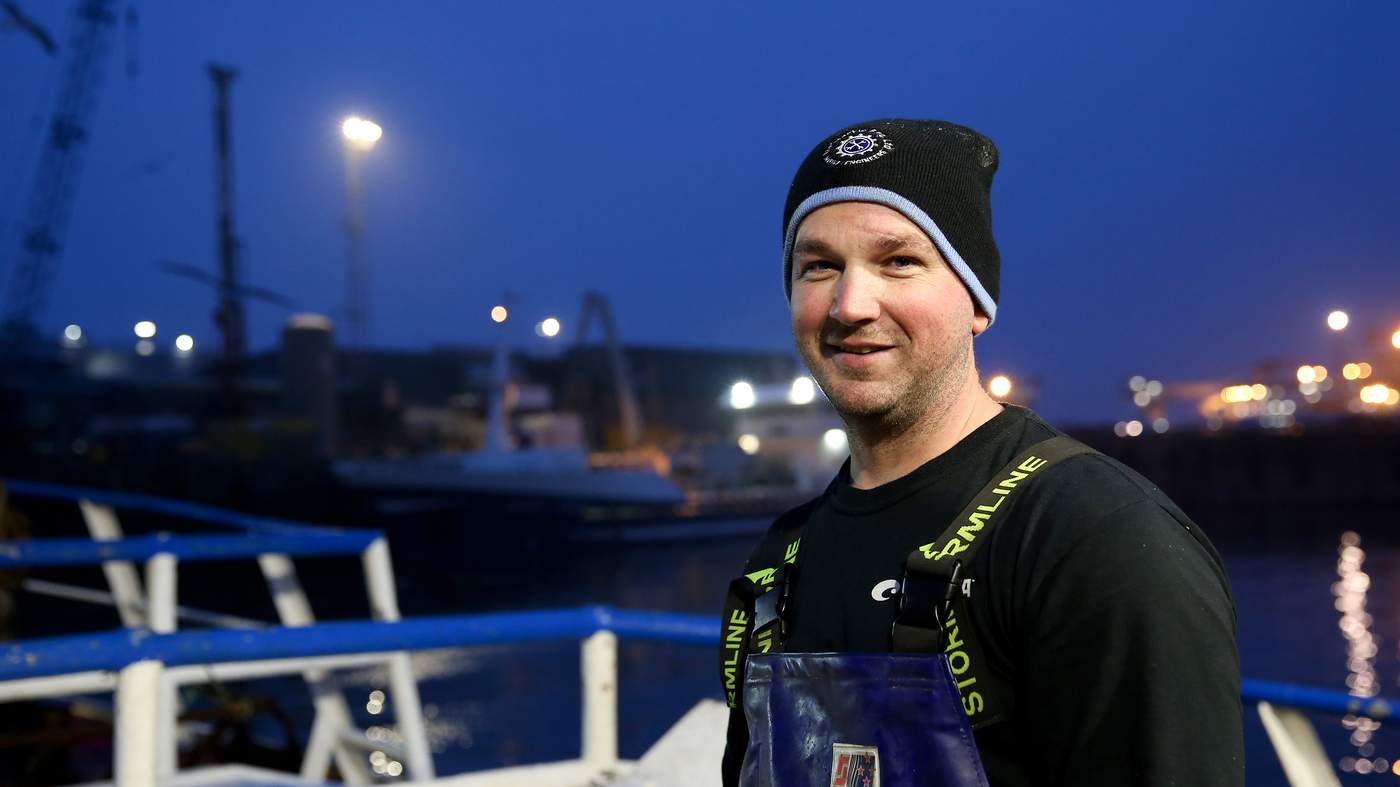They have been Britain’s national comfort food for centuries, a classic double act enjoyed by worker and statesman alike. Winston Churchill called them his “good companions” and spared them from wartime rationing, while George Orwell suggested that could even be used to prevent revolution.
But in recent years, cod and chips have been off the menu. Stocks in the North Sea, the shallow body of water between the UK and the mainland of northwestern Europe, came close to collapse a decade ago.
Since then, government, scientists and the fishing industry have worked together to nurse Britain’s favourite fish back to health. And so successful have these efforts been, that North Sea cod was certified as sustainable by the Marine Stewardship Council in July 2017.
The news means that this iconic fish is now being sold in supermarkets and restaurants with the MSC blue eco-label, indicating that it can be eaten guilt-free.
Fish and chip lovers rejoice: cod is back.
With cod in trouble, the fishing industry came together with the Scottish Government and the EU to agree a recovery plan. The new plan reduced the size of the fleet and the number of days that vessels could spend at sea, and also lowered the volume of fish caught.
The Scottish fishers went further still, closing spawning areas in the North Sea, installing CCTV cameras to monitor catches on vessels, and introducing new nets with holes large enough to allow young cod to escape.
The hard work and sacrifices paid off. Cod staged a remarkable comeback.
MSC certification earlier this year capped a decade of recovery that has seen stocks quadruple to their highest level for 35 years. North sea cod, once a poster child for overfishing, is now a sustainable, guilt-free choice.
Certification was a momentous achievement for the industry and was the result of a coalition of fishing organisations with support from seafood brands, supermarkets, and industry body Seafish.










